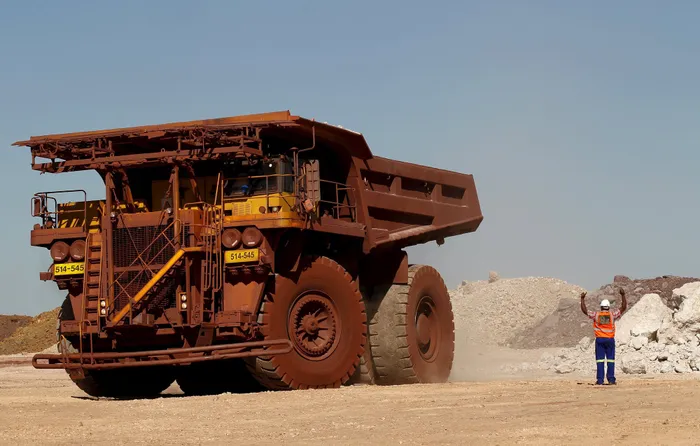Shuka Minerals secures final regulatory approval for Kabwe mine acquisition in Zambia

Shuka Minerals said on Thursday it had received final regulatory approval for the acquisition of Leopard Exploration and Mining (LEM), the Zambian company that owns the Kabwe Zinc Mine, marking a key step in the UK-listed firm’s African growth strategy.
Image: Reuters
Shuka Minerals said on Thursday it had received final regulatory approval for the acquisition of Leopard Exploration and Mining (LEM), the Zambian company that owns the Kabwe Zinc Mine, marking a key step in the UK-listed firm’s African growth strategy.
Shuka Minerals is a UK-based exploration and development company focused on mining opportunities across Africa. It has a secondary listing on the JSE.
The approval from Zambia’s Competition and Consumer Protection Commission (CCPC) clears the last regulatory hurdle for the 100% acquisition of LEM, first announced in December 2024.
Shuka said it has also agreed terms for a £1.5 million (R37m) unsecured, non-dilutive funding facility to cover the remaining $1.35 million (R24m) cash consideration owed to LEM’s vendors. The facility is subject to final due diligence and the execution of definitive agreements.
Under an amended share purchase agreement, Shuka will issue 28.64 million new ordinary shares to settle the $3m share consideration component of the deal. The shares will be issued at 7.737 pence each - a 10% discount to an agreed reference price of 8.5965p - and will represent 29.99% of the company’s enlarged share capital.
In lieu of deferred shares, LEM will receive 2 million warrants exercisable at 12.5p per share, expiring at the end of 2027. The warrant terms are designed to prevent LEM’s vendors from exceeding 29.99% of Shuka’s total voting rights post-exercise.
Completion of the transaction has now been extended to no later than June 30 to allow finalisation of funding and legal documentation.
“This is a huge milestone and one which the market, shareholders and all stakeholders in Shuka have been waiting for,” CEO Richard Lloyd said. “We look forward to completing this acquisition and progressing both Kabwe and Rukwa to realise their full potential.”